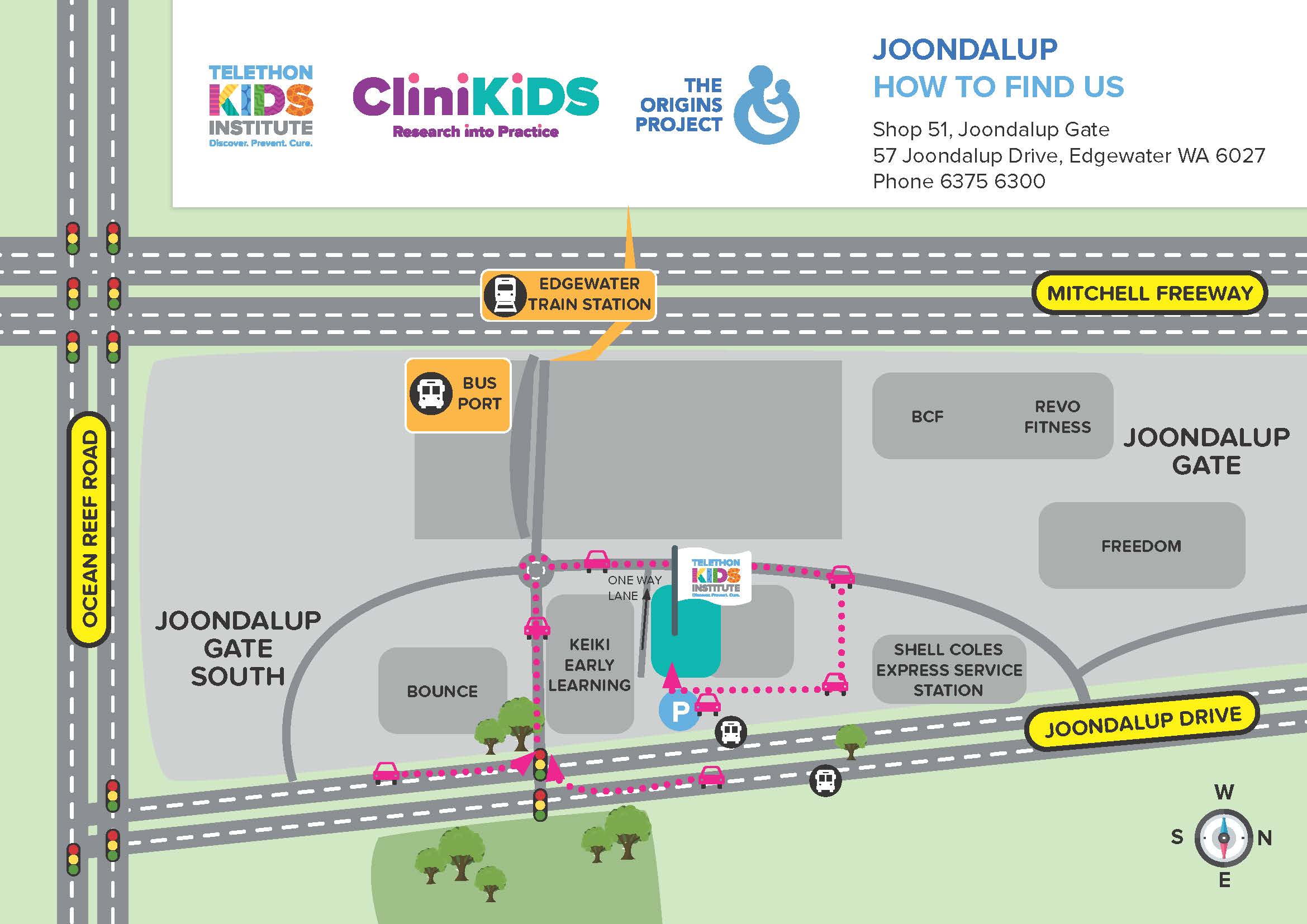Search
Showing results for "autism"

News & Events
Welcome to the team Theresa and Ally!There are two new faces at CliniKids, Theresa, our new Clinical Services Manager and Ally, our new Occupational Therapist.
Research
Child Attention Deficit Hyperactive Disorder Co morbidities on Family Stress: Effect of MedicationWe examined the degree of parental and child mental health in a community sample of children diagnosed with Attention Deficit Hyperactive Disorder and the...

News & Events
$9M NHMRC funding boost for child health researchThe Kids researchers have been awarded over $9 million in National Health and Medical Research Council (NHMRC) funding towards child health research including rheumatic heart disease, respiratory infections, and autism spectrum disorder.
Research
What Influences Decision-Making for Cochlear Implantation in Adults? Exploring Barriers and Drivers From a Multistakeholder PerspectiveTo explore the factors influencing the uptake of cochlear implants in adults, determine the impact of each factor, and to conceptualize the journey to implantation from a multistakeholder perspective. Concept mapping was used to integrate input from multiple stakeholders, each with their own experience and expertise.
Research
The impact of single gene and chromosomal disorders on hospital admissions of children and adolescents: A population-based studyIt is well recognized that genetic disease makes a significant contribution to childhood illness. Here, we present recent population data describing...
Research
The use of cross-jurisdictional population data to investigate health indicators of child maltreatmentTo investigate the prevalence, trends, and characteristics of maltreatment and assault related hospital admissions and deaths among children

Join us for stories, imagination and connection in the Discovery Centre
Research
Neonatal complications in public and private patients: A retrospective cohort studyDespite the rates of low Apgar scores being higher in public patients, the rates of special care admission were lower.
Research
Characteristics of non-Aboriginal and Aboriginal children and families with substantiated child maltreatmentTo investigate specific child and parental factors associated with increased vulnerability to substantiated child maltreatment.

News & Events
New Home for ORIGINSThe Kids Joondalup will be the new home for the ORIGINS research and data teams
